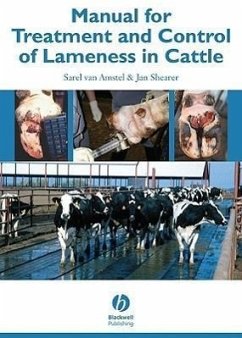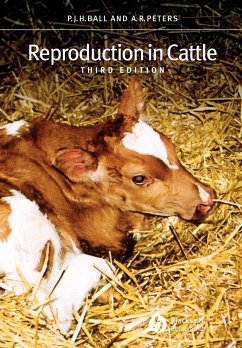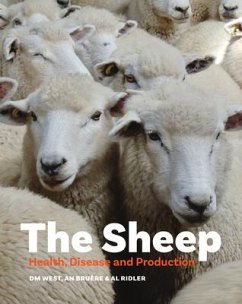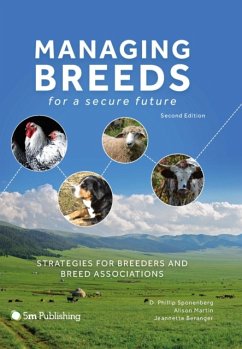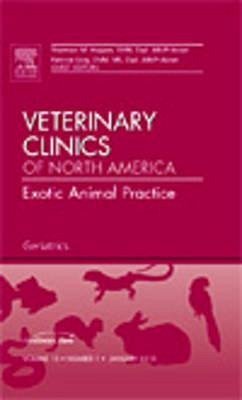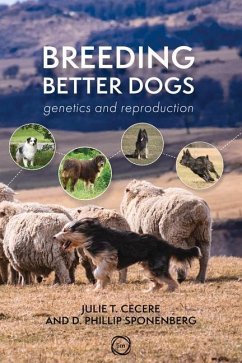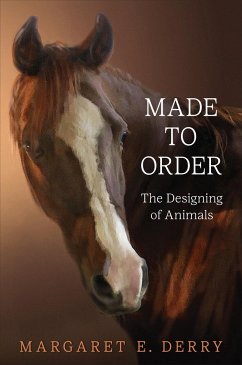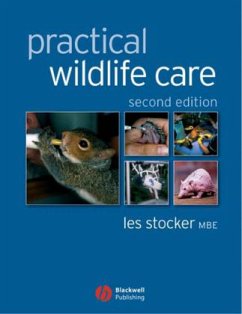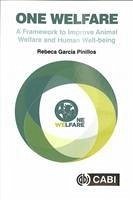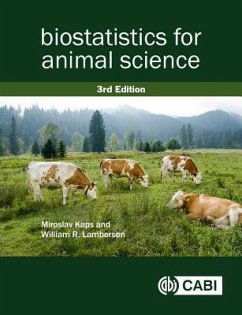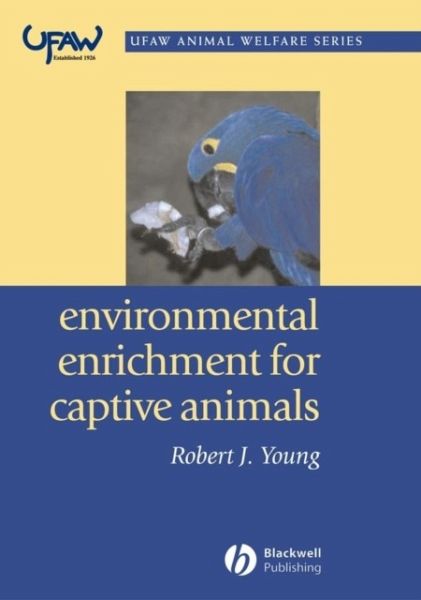
Environmental Enrichment for Captive Animals
Versandkostenfrei!
Versandfertig in über 4 Wochen
91,99 €
inkl. MwSt.
Weitere Ausgaben:

PAYBACK Punkte
46 °P sammeln!
Environmental enrichment is a simple and effective means of improving animal welfare in any species - companion, farm, laboratory and zoo.
Draws together a large amount of research on different animals. This book provides examples and case studies. It is suitable for those who work with or study animals in captivity.



